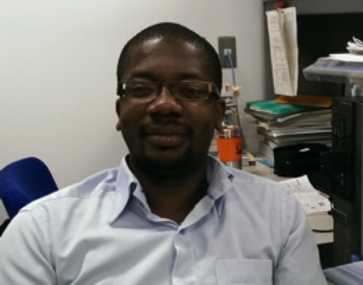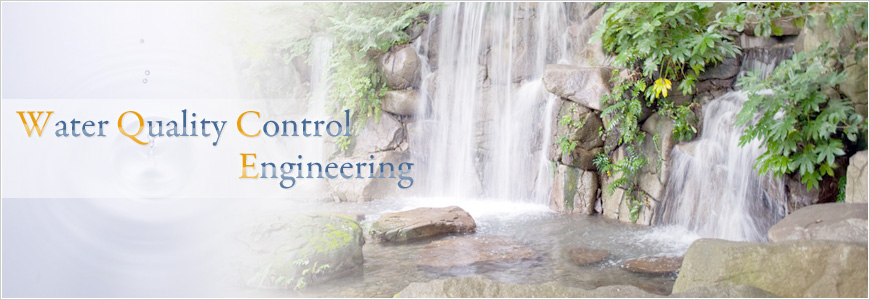
Dec. 2020
Doctor of Engineering, Department of Environmental Engineering, Hokkaido University, Hokkaido, Japan
Sap. 2010 - Jul. 2012
Master of Science in Water and Environmental Engineering Option Water and Sanitation, International Institute for Water and Environmental Engineering ( 2iE) Ouagadougou Burkina Faso.
Sep. 2007 - Jul. 2010
Bachelor of Science in Water and Environmental Engineering, International Institute for Water and Environmental Engineering (2iE) Ouagadougou Burkina Faso.
Jul. 2002 - Jul. 2005
Mathematics and Physical Science, Faculty of Mathematics and Physical Science, Abidjan, Ivory Coast.
| Dec. 2012 - Mar. 2015 | Hydraulics Engineer, Terrabo Engineer Office Abidjan Ivory coast
Main qualification:
|
|---|---|
| Jan. 2012 |
Environmental Trainee Researcher
Theme: Study of wastewater treatment plant by hierarchical mosaic of artificial ecosystems (M.H.E.A®), 2iE Ouagadougou Burkina Faso.
|
Theme: Self-sustaining integrated MFC-LVB-(R) and MFC-LVB(M) system for wastewater treatment and energy recovery: From theory to practical application
Microbial Fuel Cell (MFC) technology has emerged as a low-cost, space-saving, and sustainable technology capable of treating wastewater and generating bioelectricity. MFC reactor employs Anode Respiring Bacteria (ARB) to oxidize organic (COD) and inorganic (NH4+) pollutants anaerobically and transfer electrons to a solid-state anode through extracellular electron transfer (anodic respiration). The MFC technology applied for COD removal and harnessing bioelectricity could be associated with a Microbial Electrochemical Cell (MEC), which is an aeration-free technology for simultaneous anodic nitrification (anodic NH4+ oxidation) and denitrification. MFC can successfully remove COD (> 80%) and SS (> 90%) from domestic wastewater with a low sludge accumulation (sludge yield: 0.10 gVSS/g-sCOD removed) (Koffi and Okabe, 2020a). Furthermore, MFC equipped with a Low Voltage Booster system (LVB-M/R) (Koffi and Okabe, 2020a, 2020b) can harvest usable bioelectricity. Also, MFC electrically powers MEC for simultaneous bioelectrochemical anodic nitrification and cathodic denitrification (cost-effective nitrogen removal) (Koffi and Okabe, 2021).
The lab-scale Integrating MFC-LVB(M/R) technology is an innovative and sustainable approach to address domestic wastewater treatment issues, with less sludge accumulation as a bonus and usable bioelectricity generation. This proposed integrated MFC-LVB(M/R) for low-cost domestic wastewater treatment (COD and NH4+) and usable electrical energy recovery could address scalability and energy- self-sufficiency challenges.
- Bioelectrochemical anoxic ammonium nitrogen removal by an MFC driven single chamber microbial electrolysis cell.
Koffi, N.J., Okabe S.
Chemosphere, 2021, 274, 129715. - Domestic wastewater treatment and energy harvesting by serpentine up-flow MFCs equipped with PVDF-based activated carbon air-cathodes and a low voltage booster
Koffi, N.J., Okabe S.
Chemical Engineering Journal, 2020, 380, 122443. - High voltage generation from wastewater by microbial fuel cells equipped with a newly designed low voltage booster multiplier (LVBM)
Koffi, N.J., Okabe S.
Scientific Reports, 2020, 10, 18985.
- Air-cathode Microbial Fuel Cell for Cost-effective Domestic Wastewater Treatment
N'Dah Joel Koffi, Satoshi Okabe
Water and Environment Technology Conference (WET2017)(July 22-23, 2017, Hokkaido University)

